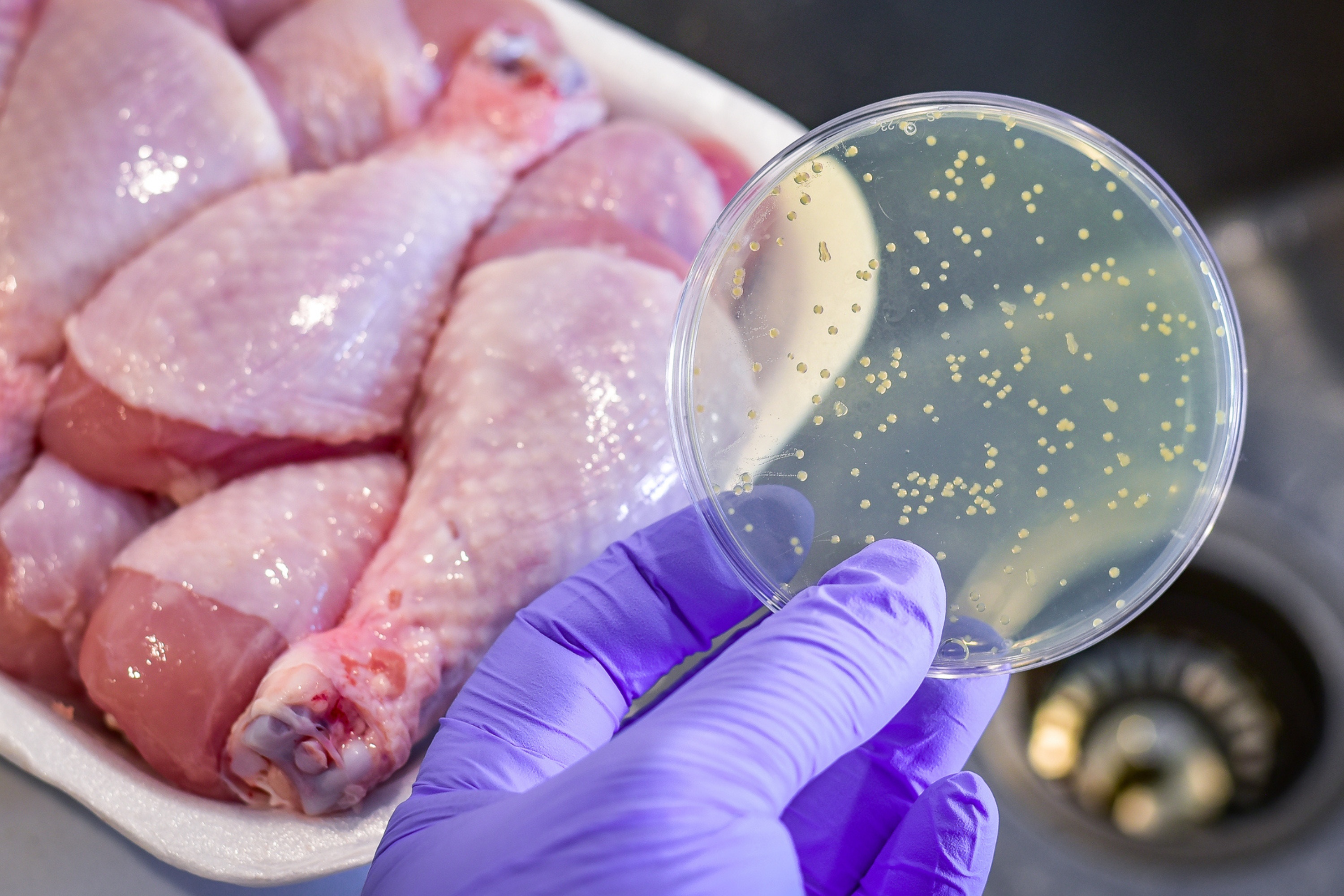
How safe is US food? Experts' verdicts after listeria, E. coli outbreaks
Food safety remains a pressing concern in the United States—the combination of vast food production networks and complex supply chains creates both opportunities and risks for contamination.
Recently, two notable incidents—a listeria outbreak involving ready-to-eat meat products and an E. coli outbreak tied to McDonald's—have underscored the need for consistent oversight and stronger preventive measures in food safety.
In October 2024, the CDC reported a listeria outbreak linked to prepackaged meat and chicken products distributed by BrucePac, a food production company based in Oregon.
The contaminated items, estimated to total over 160,000 pounds of meat, included pre-cooked meats such as chicken breasts, turkey, and pork, widely distributed to grocery stores, restaurants, and food service providers.
Listeria monocytogenes, the bacterium responsible, is especially dangerous for vulnerable populations, including older adults, pregnant women, and those with weakened immune systems. In severe cases, listeriosis can lead to invasive symptoms such as meningitis.
The recent outbreak led to several hospitalizations, and health officials have urged consumers to discard any remaining recalled products to prevent further exposure.
In a related case of food safety concern, an E. coli outbreak was linked to onions distributed by a supplier to McDonald's and other food outlets across several states. The FDA announced the outbreak in October 2024, noting that the contamination involved E. coli O157, a strain known for causing severe gastrointestinal illness.
To address recurring issues like these, the U.S. government has introduced and strengthened various food safety measures in recent years. The FDA Food Safety Modernization Act—FSMA—is designed to enable the FDA to focus on prevention rather than simply responding to contamination after it occurs. It also enhances the FDA's authority to conduct inspections, mandate recalls, and ensure compliance, aiming to reduce the occurrence of foodborne illnesses in the U.S.
Questions about this Article?:

Copyright © 2021-2025. All rights reserved
This website stores cookies on your computer. These cookies are used to collect information about how you interact with our website and allow us to remember you. We use this information in order to improve and customize your browsing experience and for analytics and metrics about our visitors on this website. To find out more about the cookies we use, see ourPrivacy Policy.